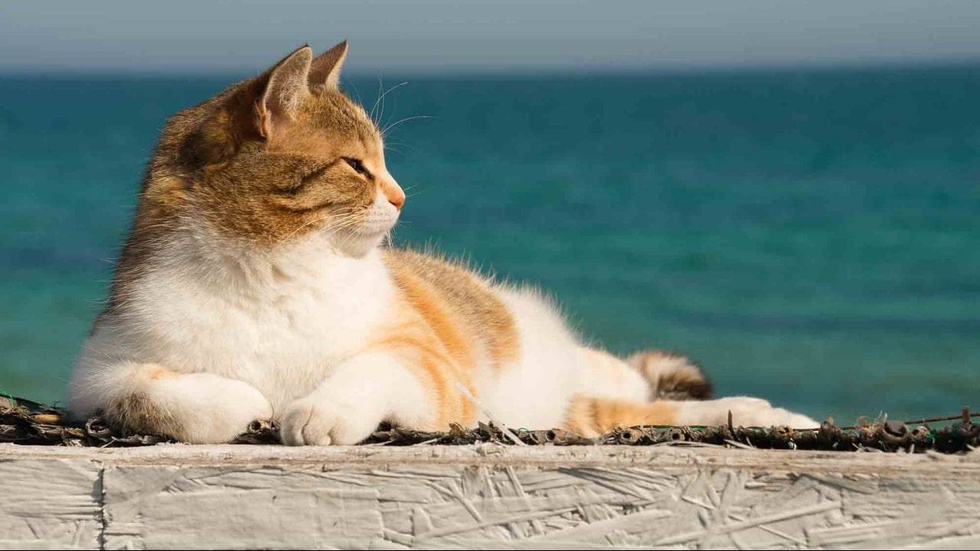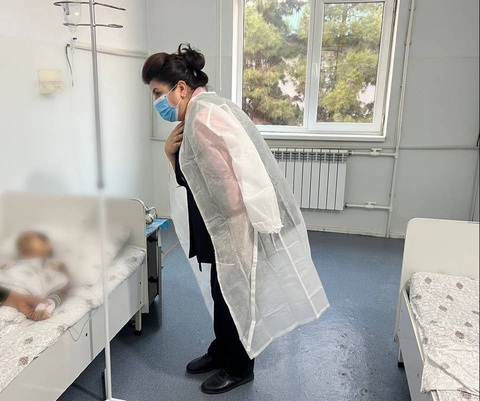The virus can spread to other countries (there is evidence of such cases in Israel and Turkey). Experts warn that the casualties will be enormous. The virus has already reached Israel and is about to come to Britain.
Since January, both stray and domestic cats have died from feline infectious peritonitis (FIPV) caused by a strain of coronavirus. Local veterinarians report an alarming increase in cases of FIPV, which began in the capital of Cyprus, Nicosia, in January and spread throughout the island within three to four months.
According to Cypriot animal rights activists, at least 300 thousand cats died in Cyprus (the number of felines on the island is estimated at about a million individuals). But with so many homeless animals living in Cyprus, it is almost impossible to diagnose and document each infection.
The development of the disease can be stopped with the help of two drugs, but there are problems. One of them is the biopreparation remdesivir, the second is a similar GS-441524. Despite the fact that these drugs are allowed for use in animals in the UK and for importation to Cyprus, they are expensive - from 2500 to 6000 pounds for a cat weighing 3-4 kg. There is also a potential option - a cheaper antiviral drug used to treat COVID-19 in humans, molnupiravir. However, the veterinary association's application for permission to treat cats was rejected in May because the government stated that human drugs could not be imported for use in veterinary medicine.
Local veterinarians are calling on the government to provide cats with treatment and vaccinate them. But while some cat owners buy medicines for their own and homeless cats at their own expense - a "black market" of cheap unlicensed drugs has even appeared in Cyprus.













